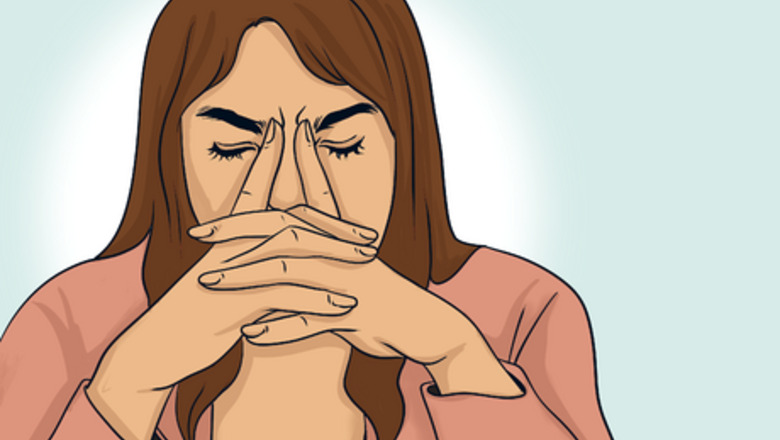
views
Responding to the Comment
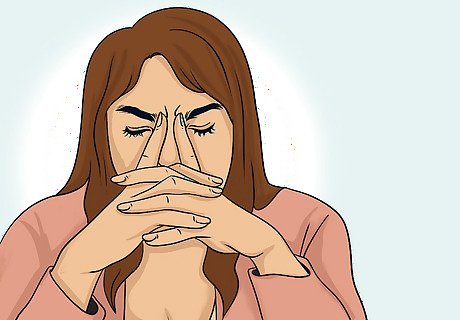
Handle your anger. If being called ugly strikes a nerve, you might feel upset or hurt. Try not to stress out immediately. Instead, work on handling your emotions maturely. Try to control your emotions before responding. If you notice yourself getting angry or upset, take some deep breaths. Slowly lengthen each breath so that you're breathing longer and fuller breaths. Take your breaths from your belly, not your chest. Try counting each breath. For example, inhale for four seconds, then exhale for four seconds.
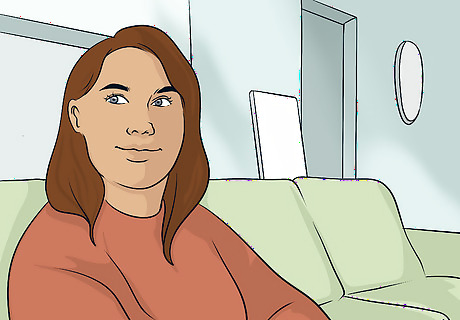
Ignore their words. Not letting someone's words affect you shows your power over a situation. When someone's words affect you and hurt you, that person has power over you. Don't give the person this power. Ignore their comments and don't emotionally react. Your character speaks more for who you are than your looks do. Ignoring these comments is easier said than done and it might take some practice. Repeat to yourself, “This person's words and opinions don't have to change how I feel about myself.”
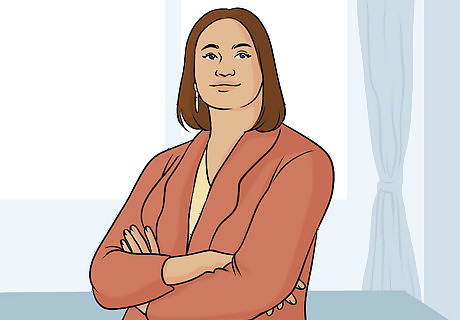
Stand up for yourself. Stand up for yourself and don't back down. If you decide to speak out, talk confidently. Speak up for yourself by saying that the comments are mean and don't reflect who you are. For example, say, “I don't know why you would call me ugly. Your opinion of how I look doesn't change who I am.” You can also say, “You are not the judge of what is beautiful. I see myself as beautiful because I know I am a loving and kind person.”

Turn their judgments into statements. Maybe someone called you ugly for having a big nose, curly hair, or big feet. These features don't carry negativity in themselves. Maybe you do have these features and some people don't find them attractive. That's okay. Remind yourself that this person is judging you and you don't have to take it negatively. For example, say, “Yes, I do have a big nose. How astute of you to notice.” You can also say, “Looks aren't everything. But yes, I do have hairy arms.”

Use humor. Humor can help remove any tension of a situation. However, don't use humor to fire an insult back. Humor is a great way to show that their words won't hurt you. Exaggerate the comment by adding to it. For example, say, “I guess I am pretty ugly. I'll probably have a swan-like transformation any day now!”
Accepting Yourself and Building Your Confidence
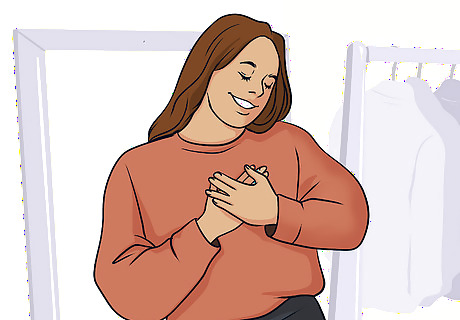
Value your own opinion above others. Ultimately, the way you feel about yourself is more important than the way other people perceive you. Lots of people have lots of opinions, but the ones that matter most are the ones you have of yourself. Learn to prioritize the way you see yourself above the way others see you. If someone calls you ugly, remind yourself that your opinion matters more than theirs, and they cannot make you feel ugly.
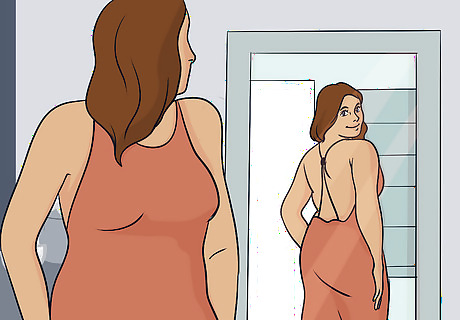
Look for beauty, not flaws. Many people see themselves with a critical eye. If you find it easy to list off the things that are “wrong” about you or that you do not like, try building a list of the things you do like about yourself. Take a look in the mirror and instead of focusing on what you don't like, find what you enjoy about your body. Maybe you like your eye color, skin tone, lips, hands, or anything! Make a list of the things that you enjoy about your body and remind yourself of these things when you feel low. You can also include the things you enjoy doing with your body. For example, “I like that my body is athletic and I'm a good dancer.”
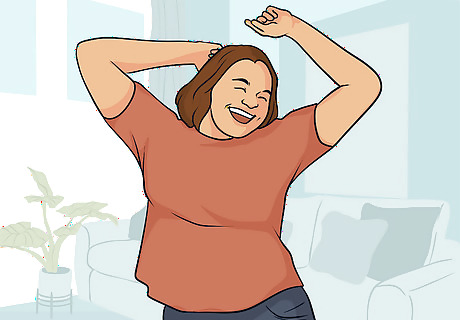
Accept yourself as you are. Nobody can define what pretty, normal, or beautiful are on the whole. As the saying goes, “Beauty is in the eye of the beholder” and this applies to attraction as well. If you feel low about your looks or what people have said to you or about you, start building your own self-acceptance. Have compassion for yourself. See yourself as an imperfect person and have compassion for those imperfections in yourself. For example, say to yourself, “I am not perfect in who I am or what I look like. I can accept myself despite these imperfections.” If one person finds you unattractive, so what? That doesn't mean everybody sees you that way. Accept yourself as you are and remember that you can't please everybody.
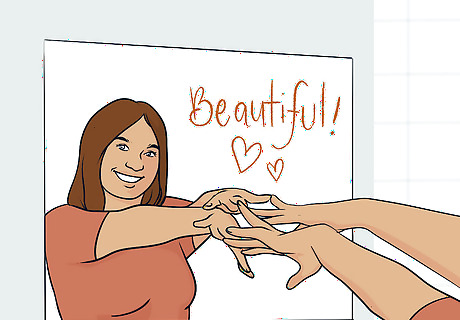
Use positive affirmations. If being called ugly has affected your self-image, it's time to change that. Focus on saying something to yourself that builds yourself up and puts positive thoughts into your mind. Think of affirmations that are in the present tense and try to say them every day. You might not believe the words at first, but keep with it and see how you feel. For example, say (or write down), “I am beautiful” or, “My worth is more than skin deep.” Write on your bathroom mirror your affirmations so you see them every morning. You can use post-it notes in your favorite color or whiteboard markers!

Be confident in all that you do. If you don't know how to feel confident or don't feel you can be confident, act like you have confidence. For example, ask yourself, “What would someone who is confident do now? How would they respond?” Start to see yourself as confident, even if you don't believe you are. When people see you as a confident person, they may be less likely to make fun of you or insult you. As some people say, “Fake it ‘til you make it.” Soon enough, you'll find that feeling confident gets easier and easier. For example, you might hear someone sneer as you walk by. Keep your head held high and show how confident you are being you.
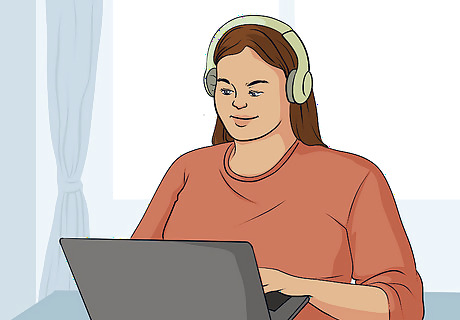
Do things that make you feel good. If you feel bad about yourself after someone calls you ugly, try doing something that makes you feel good about yourself. While you can't instantly change the way you look, you can put your attention toward doing things that make you feel happy, calm, relaxed, or at ease. This can help you deal with the stress and feel better overall. For example, go for a walk, take a bath, write in a journal, or listen to music. Get involved in activities you enjoy. This might be sports, martial arts, music, or cooking.
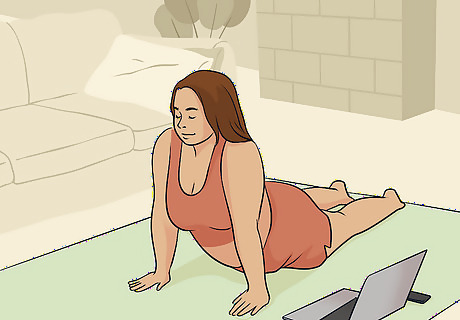
Take care of your body. Put some effort into taking care of yourself. For example, practice good hygiene such as changing your clothes (including underpants and socks), showering regularly, brushing your teeth, and wearing deodorant. Practice taking care of yourself to feel more confident, such as taking time in the morning to make your hair look nice, dressing in clean clothes that reflect your style, and creating a look you like. Choose a personal style that reflects who you are. Wear clothes that fit, are comfortable, and make you feel good about yourself. Being called "ugly" is different from being called "not well taken care of". Take responsibility for your image and for things that you can change.
Getting Social Support
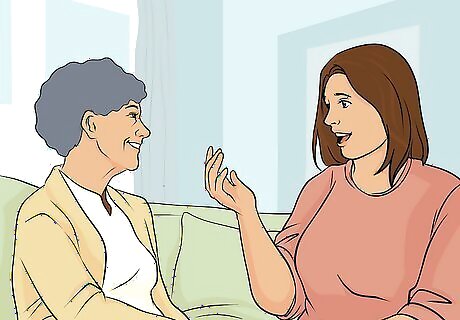
Talk to an adult. Whether you need support or someone to confide in, talking to an adult can help. This might be a teacher, parent, coach, or spiritual leader. They might lend a listening ear or give you some advice in how to handle situations when people try to hurt you. They might even help you intervene or confront the person who called you ugly. Adults remember being younger and may be able to give advice based on their own experiences. You might be surprised at how understanding and helpful they can be.
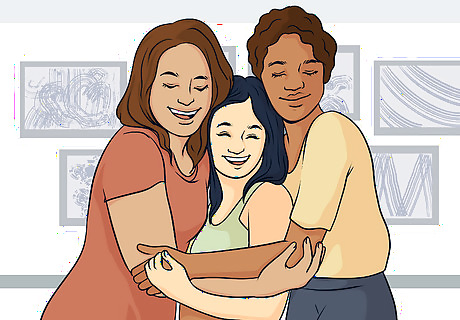
Be with your true friends. If your ‘friends' are teasing you or calling you ugly, take a second look at who you consider a friend. A true friend will support you and care about you, not tear you down or make fun of you. Choose to be around the friends who make you feel good. After all, winning over ‘cool' friends who are mean to you will still leave you feeling bad. Even if you spend time with less ‘cool' people, be with the people who treat you well, respect you, and don't make you feel bad about yourself. Be with friends who see you for who you are and not just for how ‘cool' or attractive you are. They should build you up and like the person you are, not just how you look.
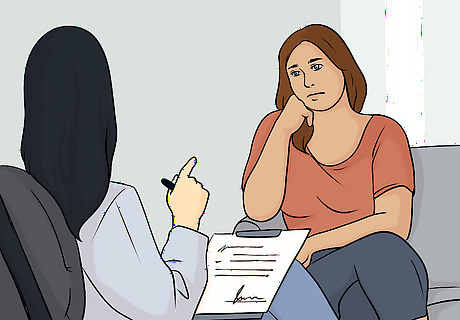
See a therapist. If you're struggling with bullying, self-image, or self-esteem issues, a therapist can help you. Learn ways to cope with your feelings and build your self-esteem. If you struggle with anxiety or depression as a result of bullying or insults, your therapist can help you find ways to feel better about yourself. Find a therapist by calling (or having your parents call) a local mental health clinic or your insurance provider. You can also get a recommendation from your physician or a friend.




















Comments
0 comment